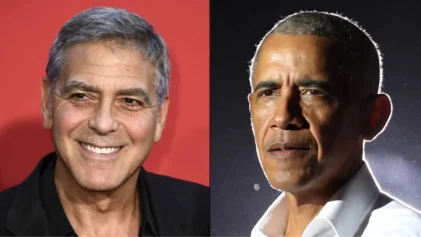When Fidel talks, the world listens.
And Fidel has finally spoken—at least in the form of a letter—about Cuba’s restoration of diplomatic ties with the U.S. Various media outlets used words like “halfhearted” and “cautiously optimistic” to describe the aging leader’s first public remarks more than a month after the announcement of the new relationship between his country and his longtime enemy, brokered by his younger brother Raul.
“I don’t trust the policy of the United States, nor have I exchanged a word with them, but this does not mean I reject a pacific solution to the conflicts,” he wrote in a letter to a student federation that appeared in the Communist Party newspaper Granma and that was read at the University of Havana.
In the letter Fidel, 88, indulged in nostalgia, noting that it was the 70th anniversary of his enrollment at the University of Havana and recalling the lessons of communist leaders such as Karl Marx, Vladimir Lenin and Mao Zedong.
He reflected on that time and regretted that other students at the university during his years there allowed themselves to be entangled in the “tentacles” of bourgeoisie thinking that had taken hold, something he’s been fighting against for more than five decades.
Castro illustrated his unerring instinct to fight for the oppressed, noting the long history of income inequality around the world. Castro both praised the Greeks for their brilliance in science, politics and art, but criticized them for building up that body of knowledge on the backs of enslaved people doing the hard work of maintaining the society.
“We will always defend cooperation and friendship with all the people of the world, including with our political adversaries,” he wrote.
“With this spirit, I have fought,” Castro said in the conclusion of his letter, “and will continue fighting until my last breath.”
Fidel withstood everything the U.S. threw at him over the years in trying to bring about his death or downfall, from military attacks to planned assassinations to an embargo that tried to starve his country. But the revolutionary leader never buckled, earning him widespread admiration throughout the African diaspora.
Fidel’s little brother Raul Castro, 83, who took over the reigns of the communist nation in 2006, worked out an agreement with President Obama that was announced last month. Obama said the U.S. will open an embassy in Havana, dramatically change travel, banking and remittance restrictions, open up the island to American business—hopefully bringing the Internet to Cuban society—and perhaps with the cooperation of Congress lift the decades-old embargo that was intended to collapse the Castro regime but clearly has not worked.
It represented an extraordinary change in the relationship between the U.S. and its neighbor just 90 miles to the south of Florida.
“We will end an outdated approach that for decades has failed to advance our interests,” the president said in a televised speech to the American people. “And instead we will begin to normalize relations between our two countries. Through these changes, we intend to create more opportunities for the American and Cuban people and begin a new chapter among the nations of the Americas.”
While Obama was speaking to the American people, Cuban President Raul Castro was simultaneously speaking to the Cuban people.


